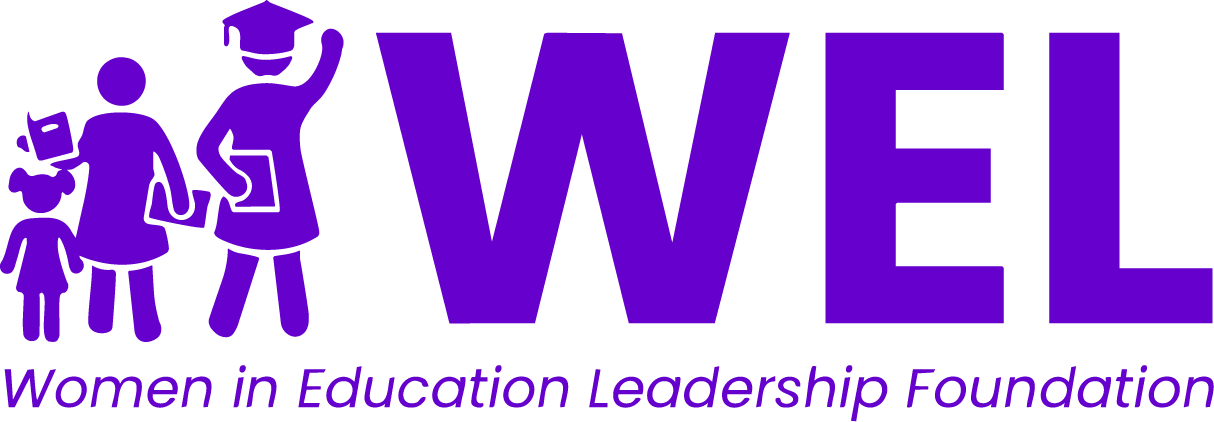
THE CORE PROBLEM: Systematic Barriers to Women's Education and Leadership.
Despite the progress registered in increased access to education for girls and women and their accompanying leadership participation in the private and public sectors, many girls and women in Africa and the Diaspora face deep-rooted social and structural challenges that limit their educational advancement, economic security, and wellbeing.
● Socialization of the Girl Child
From early childhood, gender norms shape girls' roles and expectations in ways that limit their confidence, opportunities, and preparation for leadership – even when they attain formal education.
● Antiquated Systems
Patriarchal norms and colonial legacies reinforce gender-based violence, discrimination, and economic burdens – contributing to school dropouts, poor health outcomes, and underrepresentation in leadership.
● Limited Financial Investments
Chronic underfunding of initiatives focused on women and girls results in resource gaps, especially for interventions that address long-term transformation.
● Silos in the Education Sector
Fragmentation across educational levels (early childhood to higher education) and disciplines (health, tech, humanities) hinders systemic collaboration and sustainable change.
● Underutilization of Non-Formal Education
Despite its proven role in delivering life skills, psychosocial support, vocational training, and leadership development, non-formal education remains undervalued, underfunded, and disconnected from formal education systems.
These systemic barriers contribute to high dropout rates, underemployment, family instability, and a persistent glass ceiling for women in leadership – especially for those who are marginalized or displaced. Importantly, girls and women are already leading daily in families and communities. The issue is not merely about access to leadership, but about preparing and equipping them to thrive in these roles and to counteract systemic and social barriers.
The WEL Solution: Three Core Programs.
WEL delivers its work through three interconnected signature programs:
1. Leadership Champions Fellowship (LCF) Program
A 6 - 12 month leadership journey blending mentoring through the Global Girls For Girls (G4G) approach, personalized coaching, and hands-on support to develop, refine, and accelerate innovative initiatives. The Fellowship equips participants with critical life skills for their well-being and to advance the well-being, leadership, and dignity of the girls, women, and communities they serve.
● Who it supports:
Girls, women, founders of organizations or tested initiatives (formal or non-formal), as well as education leaders with innovative scalable ideas.
● Why it matters:
The Fellowship prepares participants to lead confidently and qualify for WEL grant support – laying the groundwork for sustainable impact.

2. Leadership Champions & Civil Society Initiatives (LCCSI) Resources
Resources supporting the growth of initiatives designed by WEL Fellows to drive local change and scale leadership impact to address systemic barriers to the well-being of girls and women.
● Focus Areas:
Non-formal education, health, life skills, gender equity, and local responses to barriers like child marriage, conflict, medical emergencies, poverty, and educational disruption.
● Features:
Multi-year awards (1 - 3 years), integrated mentorship, capacity-building support, quarterly progress reporting, and annual financial audits.
.png)
3. Leadership Champions Thought Leadership Forum (LCTLF)
A convening space for Fellows, scholars, and civil society leaders to influence public discourse, education systems, and gender policy.
● What it does:
Translates insights and evidence from WEL-funded programs into policy influence and systemic change.
● Activities:
Annual conferences, regional workshops, dialogues with educators, policymakers, and grassroots leaders – amplifying the voices of women in leadership across disciplines.

The 4W LIFT Model of Wellbeing
WEL aligns its work with the 4W LIFT Model of Wellbeing, developed by the University of Wisconsin – Madison's 4W Women & Wellbeing Initiative. The model recognizes that education and leadership are connected to wellbeing across four thematic quadrants:
L
ifelong Health: Physical, emotional, and mental wellbeing over time.
I
nterconnection: Family and community support systems.
F
reedom and Safety: Justice and protection from harm and discrimination.
T
hriving: Economic empowerment and the capacity to lead meaningful lives.
These dimensions are rooted in lived experience and inform every stage of WEL program design and delivery.
Expected Outcomes
By investing in holistic leadership pathways for women and girls, WEL expects to achieve:
L
ifelong Health: Improved mental, emotional, and physical wellbeing.
I
nterconnection: Stronger family and community ties supporting education.
F
reedom and Safety: Reduced violence and systemic discrimination.
T
hriving: Increased leadership and economic opportunities across sectors.
